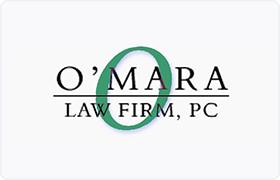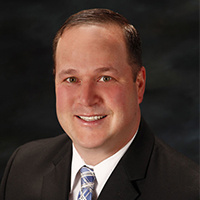Sparks Estate Lawyer, Nevada
Sponsored Law Firm
-
 x
x

Click For More Info:
-
The O'Mara Law Firm, P.C.
311 E. Liberty Street Reno, NV 89501» view mapEstate Law Experience, Knowledge & Integrity
For over a decade, David C. O’Mara has built and maintained an outstanding reputation by providing superior legal services to his many clients.
800-971-0140
David C. O'Mara
✓ VERIFIEDDavid C. O’Mara’s practice is concentrated in appellate advocacy, bankruptcy, family law, personal injury, civil litigation, and securities and sh... (more)
Richard A. Salvatore
✓ VERIFIEDIn 1992, I received my law degree from Thomas M. Cooley Law School in Lansing, Michigan. In 1996, I went on to receive a Masters of Law in Trial Advoc... (more)
Mark A. Goodman
✓ VERIFIEDMark Goodman received his Bachelor’s Degree from UC Berkley in 2001 and his law degree in 2005 from the University of San Francisco. He is licens... (more)
FREE CONSULTATION
CONTACT David O'Mara Reno, NV
David O'Mara Reno, NV Practice AreasExpertise
Practice AreasExpertise



